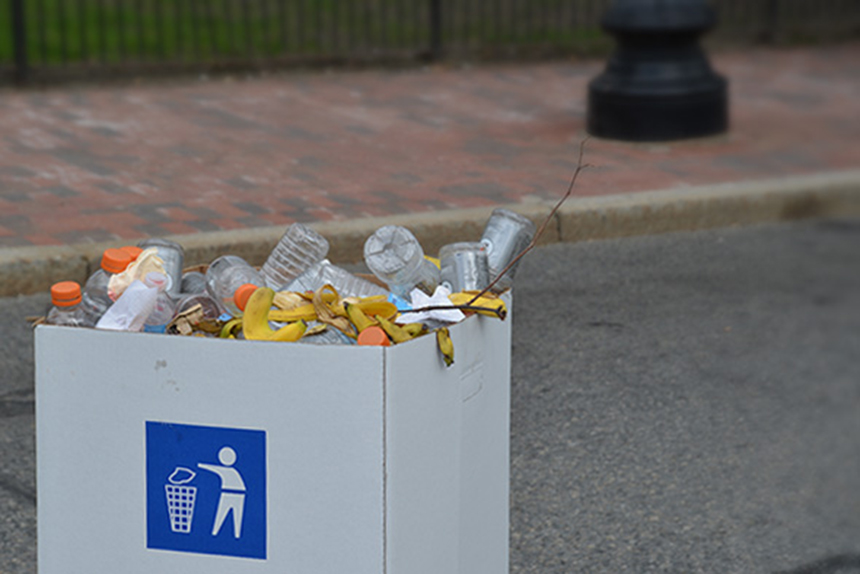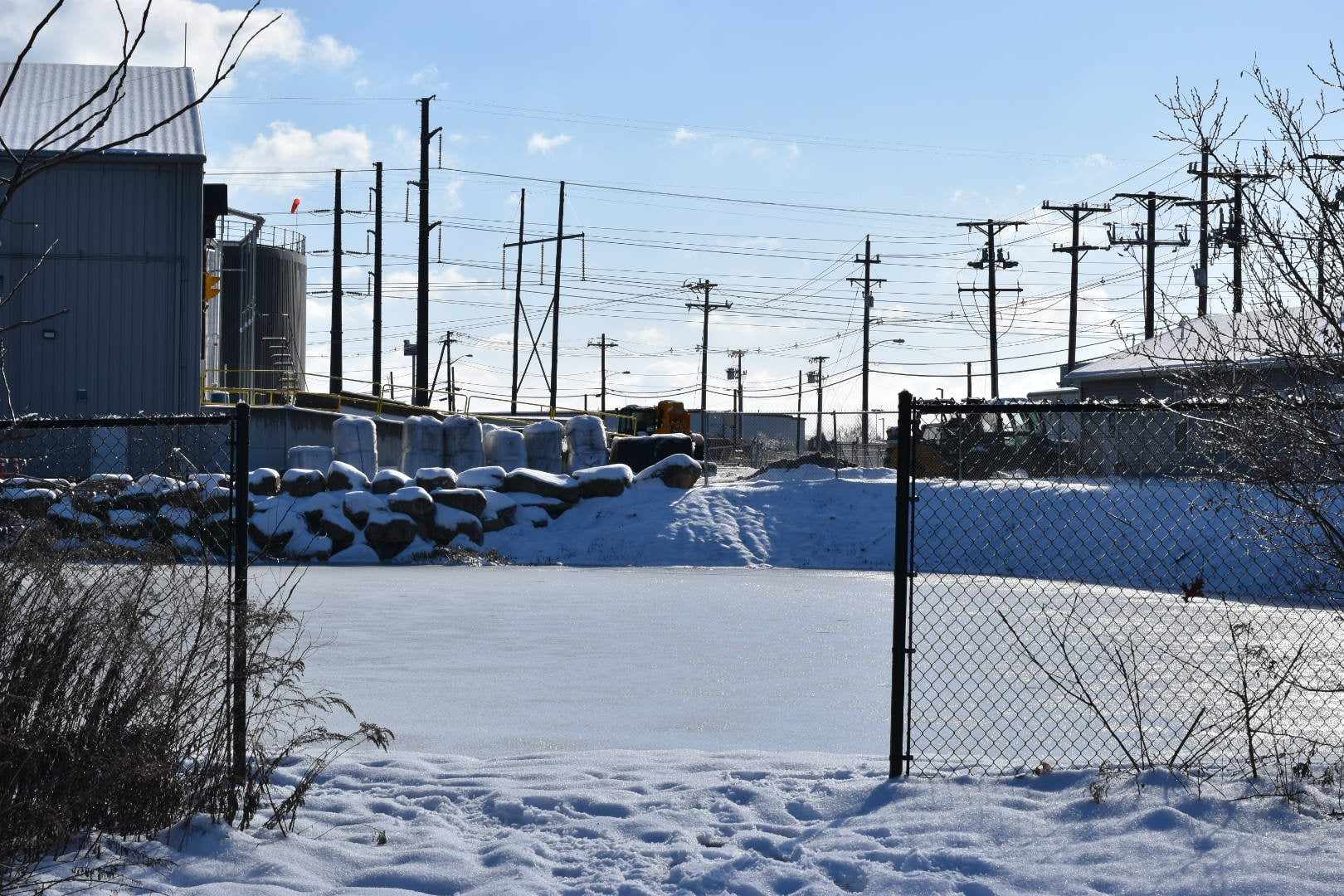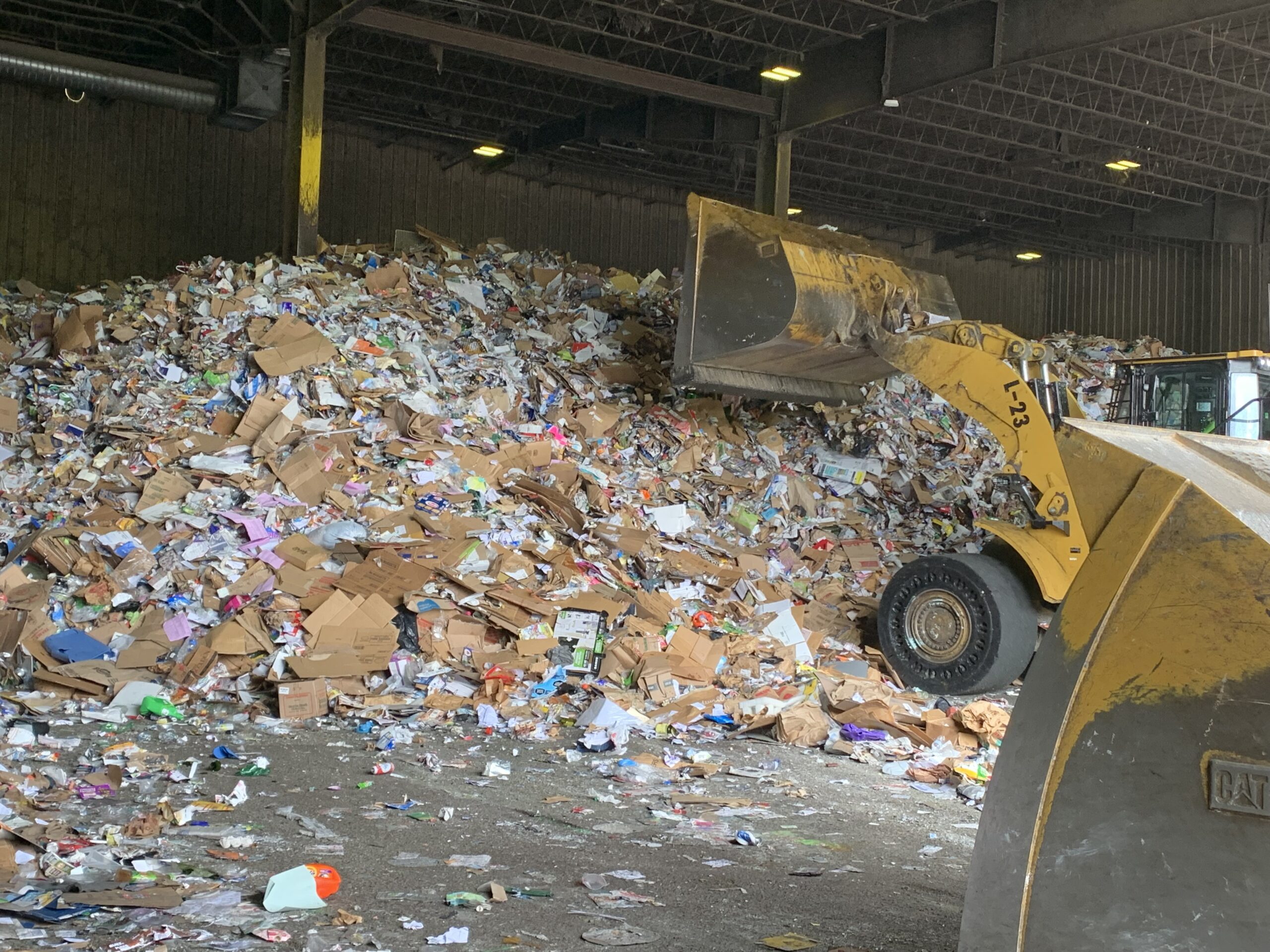Controversial ‘Advanced Recycling’ Facilities Exemption Bill Set for Tuesday Vote
June 6, 2022
PROVIDENCE — The Rhode Island Senate is scheduled to vote on legislation to exempt so-called “advanced recycling” facilities — which transform used plastic into a reusable commodity by heating it, a process called pyrolysis — from existing solid waste regulations.
Pyrolysis is denounced by environmental groups as a form of greenwashing, while proponents claim it allows plastic to be reused by turning it into feedstock for more plastics. Opponents also say the process releases dangerous pollutants into the air.
A new version of bill S2788, sponsored by Sen. Frank Lombardo, D-Johnston, which passed out of the Senate Judiciary committee last week, places restrictions on where advanced recycling facilities can be located. As passed, the legislation limits advanced recycling facilities to within a mile radius of a state facility, and as written examples, includes the Rhode Island Resource Recovery Corporation (the Central Landfill in Johnston) and the Narragansett Bay Commission (the Port of Providence).
“It goes against the Act on Climate and goes against all the work Rhode Island is putting right now into correcting environmental injustices,” Conservation Law Foundation staff attorney Kevin Budris said.
The inclusion of the Port of Providence as a possible site for an advanced recycling facility is no surprise to observers. The neighborhoods abutting the port, Washington Park and South Providence, have a long history of suffering from the industrial waterfront’s polluting infrastructure.
Operations along Allens Avenue, the boundary zone between residents and the port, include a hot-mix asphalt plant that emits compounds linked to child development disorders and cancer, as well as an oil terminal that emits similar pollutants and other toxins linked to neurological and respiratory disorders.
The People’s Port Authority, a community activist group dedicated to eliminating existing and future fossil fuel infrastructure from the port, opposes any future advanced recycling plant in the port.
“To think that such a toxic industry can be proposed in an already overburdened community such as ours is just appalling,” said founding director and South Providence resident Monica Huertas. “But we’re not surprised because this is exactly how white supremacy and environmental injustice works.”
Craig Cookson, senior director of plastics sustainability at industry group American Chemistry Council (ACC), told legislators at a hearing earlier this year that the process did not incinerate plastic.
“They heat plastics in an absence of oxygen, they keep heating them until they melt, they turn into little gas vapors and are cooled down in a liquid feedstock that becomes the feedstock for new plastics and chemicals again,” he said.
But Budris said similar facilities burn the plastics on-site after turning them into a plastics-derived fuel.
“This two-part process is known to emit pollutants like heavy metals, including lead and mercury, dangerous organic pollutants like dioxin and PCBs, and host of other pollutants like nitrogen oxide, sulfur dioxide, and the climate-damaging pollutants are significant,” Burdis said.
A companion bill, sponsored by Rep. Stephen Casey, D-Woonsocket, was introduced in the House earlier this year and was referred to the House Corporations Committee.
The planet has a plastics problem, and recycling is not the solution. The United States in 2021 had a recycling rate of 5% for post-consumer plastic waste, down from an all-time high of 9.5% in 2014, when the United States exported millions of tons in plastic waste to China — despite much of it not being recycled there.
For Rhode Islanders that means most of the plastic set aside for recycling is headed for the Central Landfill, and the state’s main landfill is running out of space. Latest estimates from the Rhode Island Resource Recovery Corporation have the landfill reaching capacity in 2040, which means sooner or later the state is going to run out of places to put its waste.
But advanced recycling is not the solution, according to Burdis. “Were a facility like this built in Rhode Island, it wouldn’t be plastic from our trash bins or our recycling bins going to this facility,” he said. “In all likelihood, it would be importing plastic waste from companies outside Rhode Island; that’s how similar facilities work in other states.”
Advanced recycling’s supporters characterize the bill as a net economic benefit. “The concept of closing the door in Rhode Island to any advancements in technology as a taxpayer is baffling to me,” Joan Milus, a registered lobbyist for the ACC, told legislators last month.
State environmental officials oppose both versions of S2788 and its companion bill in the House, citing the bad precedent the legislation sets in providing regulatory exemptions to specific technology.
“The solid waste permitting process would allow an opportunity for public comment, authority to set conditions on the overall facility construction and operation and provide financial assurances that closure would be done properly should the facility run into difficulties,” Rhode Island Department of Environmental Management spokesperson Jay Wegimont said.
S2788 is scheduled to receive a full floor vote in the Senate on Tuesday afternoon, June 7. The House bill, H8089, has not received a scheduled committee hearing.
Categories
Join the Discussion
View CommentsRecent Comments
Leave a Reply
Your support keeps our reporters on the environmental beat.
Reader support is at the core of our nonprofit news model. Together, we can keep the environment in the headlines.
We use cookies to improve your experience and deliver personalized content. View Cookie Settings




Against SB 2788.
I was born in raised in Houston Texas the home of the BIG C…Providence doesn’t need this in order to please the big guys in this state!!!
Just awful. Stop producing plastics. Period.